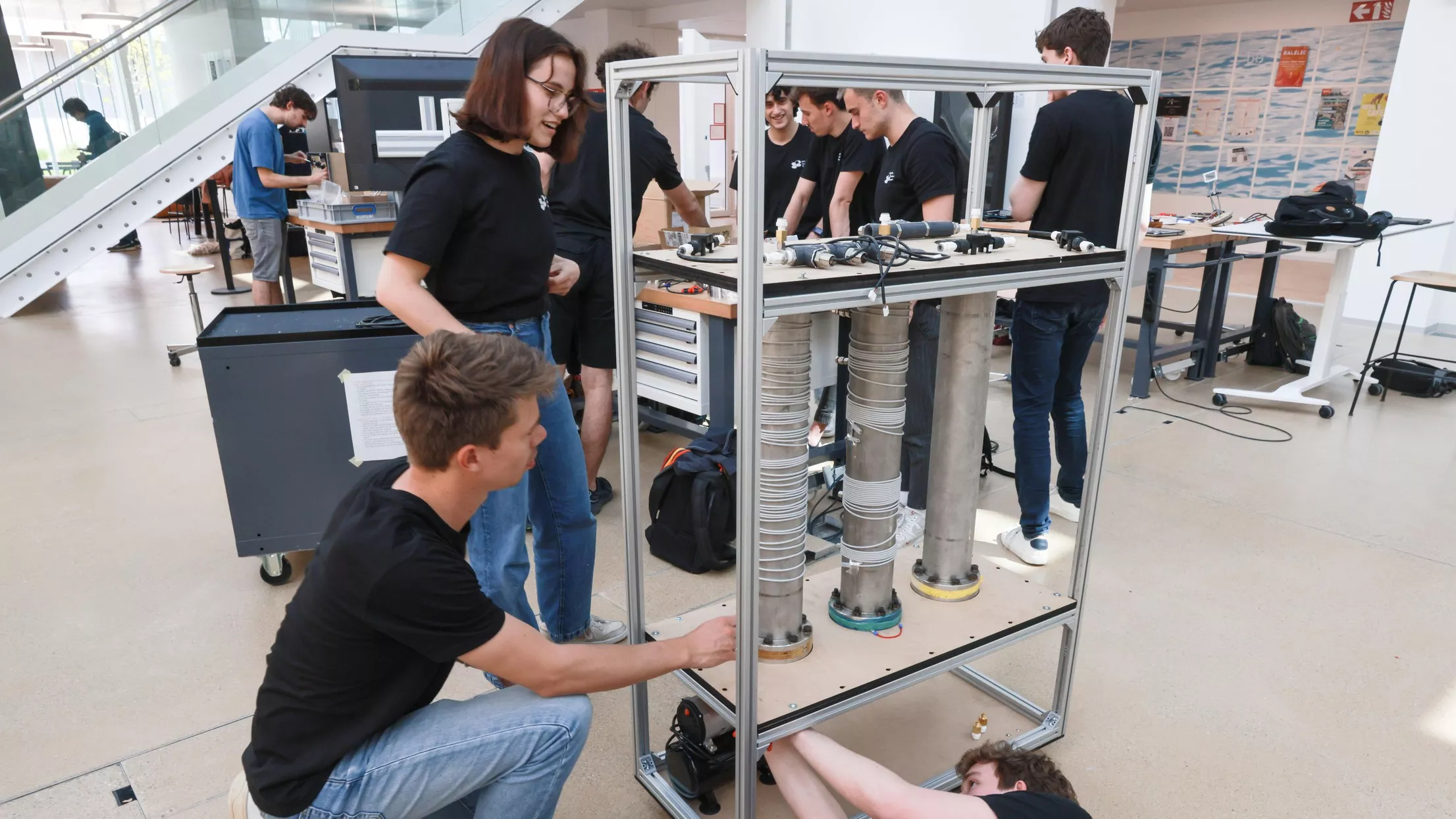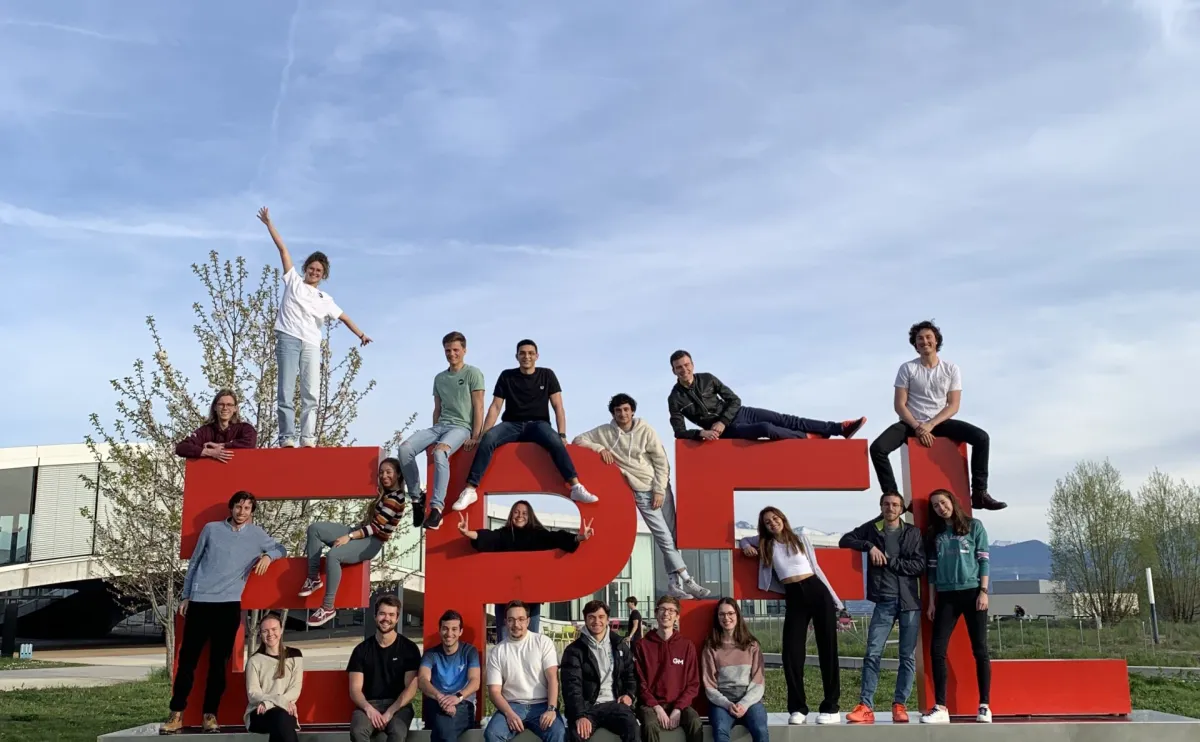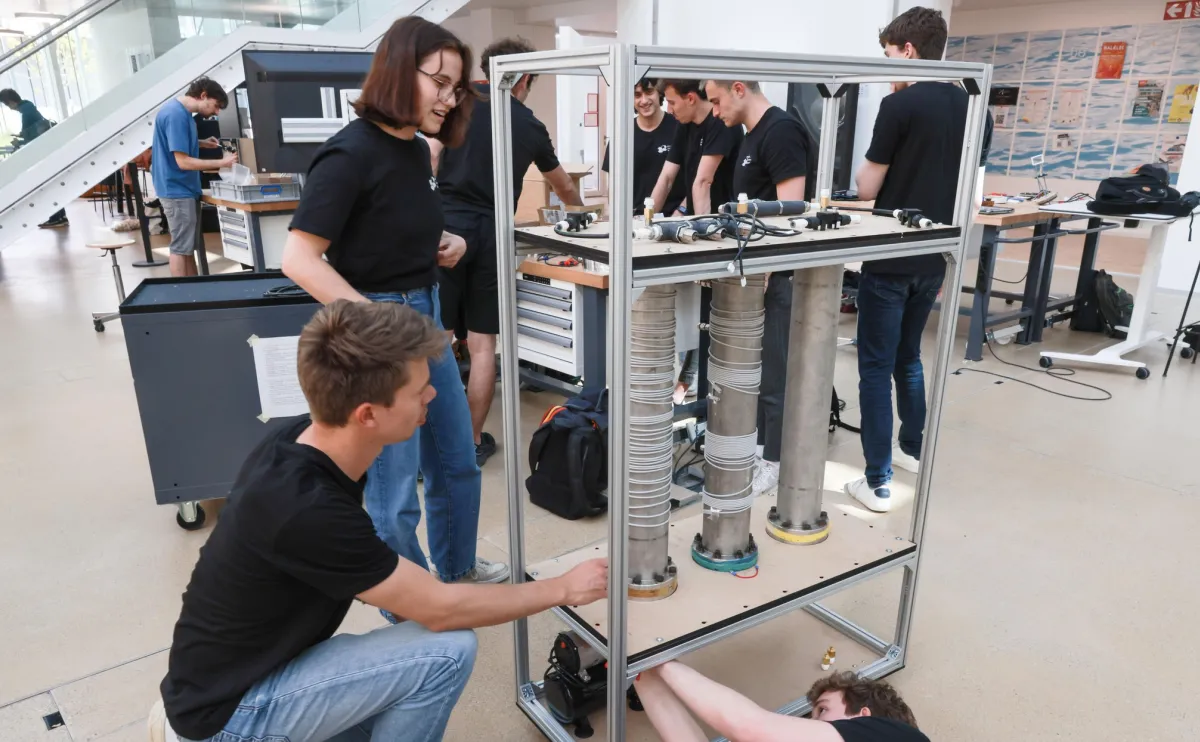
Explore carbon capture technologies
Carbon Removal - Project
Our motivation
Climate science is clear that in order to avoid the worst effects of climate change we need to dramatically reduce carbon dioxide (CO2) emissions as aggressively as possible. It has also become clear that net zero is not enough. We also need negative emissions: going beyond limiting CO2 emissions requires innovation that actually removes and sequesters CO2 that is already in the air and upper layers of the oceans. The world's leading climate scientists estimate that humanity must remove 10 gigatonnes of carbon dioxide per year by 2050 to avoid warming more than 1.5 to 2 ̊(C). If we do nothing, the global average temperature could increase by 6 ̊(C) by the year 2100.
Our Goal
We're a student team supported by several renowned professors and laboratories, and we're trying to develop a new durable, low-cost, scalable, and sustainable solution for Direct-Air-Capture. It means we will pull CO2 directly from the atmosphere and lock it away in geological formations underground. Our technology is based on record-breaking carbon capture membranes, which are developed exclusively at EPFL and are based on just atom-thick selective layers built on the Nobel-prize winning material graphene.
We will take part in the XPRIZE Carbon Removal competition, which is funded by Elon Musk and offers a $100M prize purse, the biggest prize incentive in history. The goal of the competition is to demonstrate carbon removal at the kt/y scale, model costs at the Mt/y scale, and make a case for a sustainable path to Gt/y scale. The team with the most scalable and lowest-cost carbon removal technology will win.
Our objective will be to perform the kt/y scale demonstration on-campus, at EPFL. This means once we deploy our machines, we will be capturing and storing permanently 5 tonnes of CO2 per day for a full year. This will also help EPFL transition to become one the first carbon-negative organizations in the world and achieve that by using technologies developed by its own students, professors, and laboratories.
Join us if you want to take part in this adventure!


Academic Supervisors